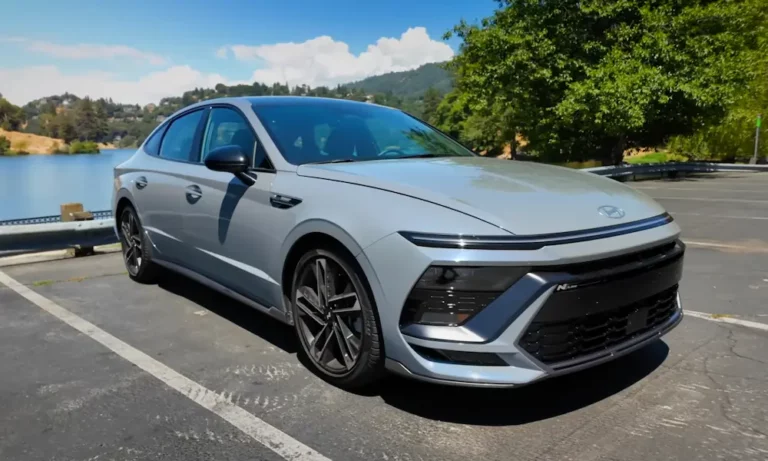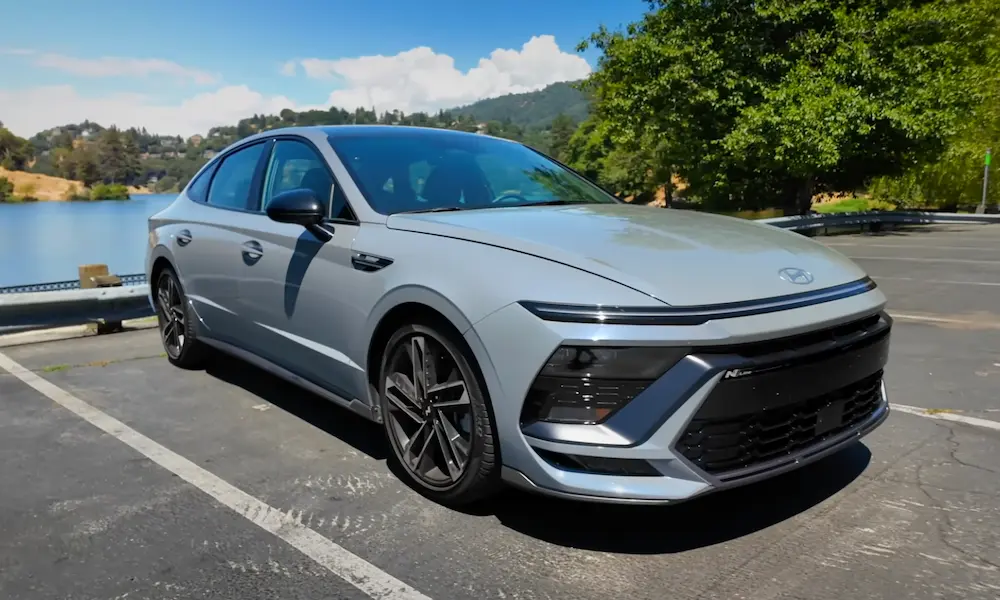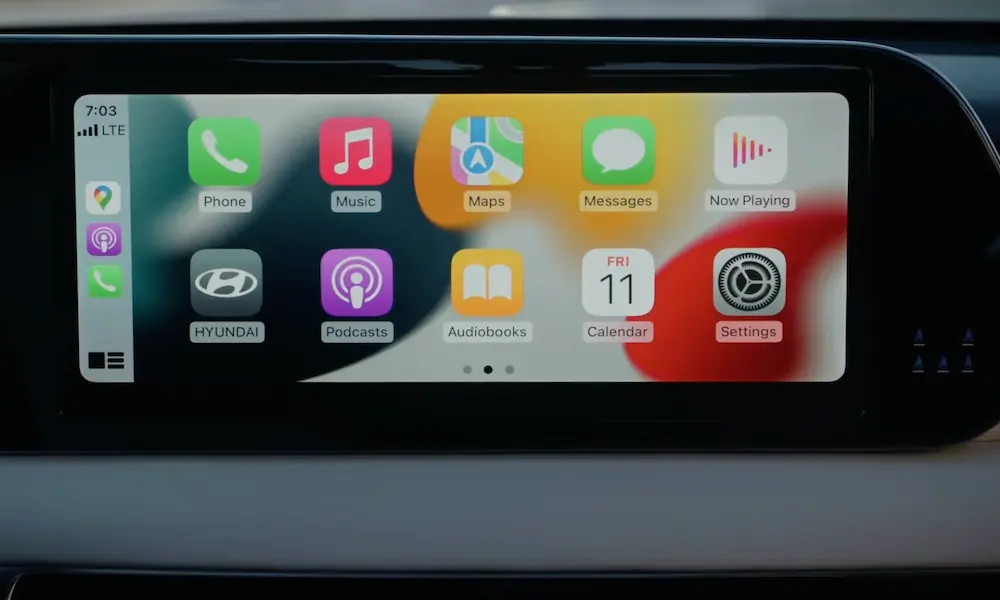Facing oil consumption issues with your Hyundai can be frustrating. Many Hyundai models, especially those with defective Nu, Gamma, Theta, Lambda, and Kappa engines, are known for excessive oil consumption. This can lead to problems like engine failure and stalling. Discover reliable solutions and whether your vehicle is eligible for a recall or legal action. Dive into the details and find out what steps you can take to address and resolve these issues effectively.
Understanding Oil Consumption in Hyundai Vehicles
Understanding how engine lubrication works and recognizing signs of excessive oil consumption are important for Hyundai vehicle owners. It helps you ensure your car runs smoothly and avoid potential engine problems.
Basics of Engine Lubrication
Engine lubrication is vital to keeping your Hyundai’s engine in good working order. Oil reduces friction between moving parts, which helps prevent wear and tear. It also keeps the engine clean by carrying away dirt and debris. In Hyundai vehicles, the recommended oil consumption is about 0.5 quarts per 1,000 miles for most models. Keeping an eye on this can help you determine if your vehicle is operating normally or if there’s a problem.
Maintaining proper oil levels is equally important. Check the oil level regularly using the dipstick in your engine compartment. If you notice the oil level dropping faster than usual, it may be a sign of excessive consumption. Topping up with the right type of oil is crucial. Make sure to use the oil grade recommended in your vehicle’s manual to ensure the engine’s longevity.
Common Signs of Excessive Oil Consumption
Excessive oil consumption can lead to several issues in Hyundai vehicles, especially if left unchecked. One sign to watch for is needing to add oil more frequently than stated by Hyundai’s oil policy. A blue or gray exhaust smoke can indicate oil is burning in the engine, a symptom of this issue. Another sign is when you notice oil leaks under your car.
If your engine warning light comes on, check your oil levels immediately. This light can indicate low oil pressure, possibly due to consuming more oil than usual. Address any of these signs promptly to avoid further complications. Speak with a professional or consult a Hyundai dealership to confirm if your vehicle needs an oil consumption test or repair.
Hyundai Models Prone to Oil Consumption Issues
Certain Hyundai models have been reported to consume more oil than expected, leading to increased maintenance and potential engine problems. Understanding these issues can help you stay informed and take action if necessary.
Hyundai Tucson and Oil Consumption
You might own a Hyundai Tucson and notice you’re adding oil more often than you’d like. Models from certain years have been reported to have significant oil consumption issues. This requires vigilant checking and topping off of oil levels to prevent engine damage.
The engine in these Tucsons might use excessive oil due to wear or inadequate sealing. Keeping an eye on the oil level can help prevent costly repairs. Make sure to consult with your dealership if you notice anything unusual.
Hyundai Sonata’s Engine Oil Challenges
If you drive a Hyundai Sonata, you could face some engine oil challenges. Owners have reported issues where the engines consume oil faster than expected. This can lead to frequent trips to check and add oil.
For some Sonata models, oil consumption seems related to specific engine defects. Regular maintenance and monitoring your oil levels is crucial to avoid damage. If your car is under warranty, this might cover some repair costs, so it’s wise to discuss this with your dealer.
Issues in Hyundai Elantra and Kona
The Hyundai Elantra and Kona have experienced oil consumption problems, similar to other models. You might notice the oil light on these vehicles coming on more often if the levels drop unexpectedly. It’s important to address this quickly.
Both Elantra and Kona models might have engine components that wear out, leading to oil leaks or higher consumption. Regular oil checks and timely maintenance are important. Consider contacting your dealer if your vehicle is affected by these issues.
Hyundai Santa Fe and Palisade Concerns
Owners of the Hyundai Santa Fe and Palisade have also reported oil consumption concerns. You may realize that your vehicle is using more oil than what is typically expected, which might raise concerns about the engine’s health.
These models may face such issues due to engine design flaws or excessive wear in certain parts. Be proactive by checking oil levels often and resolving any issues with your dealer. Taking action early could help you avoid significant repairs down the road.
Hyundai’s Engine Design and Its Impact
Hyundai’s engine design involves several components that influence oil consumption. The Gasoline Direct Injection (GDI) system and PCV valve are crucial in this issue, while Kappa engines have their own impact on oil use.
The Role of GDI and PCV Valve in Oil Consumption
Gasoline Direct Injection (GDI) is a technology that helps improve engine efficiency by injecting fuel directly into the combustion chamber. While GDI helps with performance, it can lead to carbon buildup over time. This buildup can cause problems with oil consumption because it affects the sealing of the piston rings. When piston rings don’t seal properly, more oil can enter the combustion chamber and burn off.
Positive Crankcase Ventilation (PCV) valves are another part of the picture. They recycle gases back into the engine to be burnt rather than released into the air. If a PCV valve gets clogged, it can’t function properly, potentially increasing oil consumption. Keeping these components well-maintained helps manage oil use in your vehicle.
Kappa Engines and Oil Use
Kappa engines are used in Hyundai’s smaller models. These engines are designed to be compact and efficient. Despite this, some owners have reported excessive oil consumption. The use of lightweight materials and parts can sometimes contribute to this, as they wear out faster and may lead to increased friction inside the engine.
To keep your Kappa engine in good condition, regular maintenance is key. This means checking oil levels frequently and sticking to suggested oil change intervals. Staying on top of maintenance helps ensure that your Kappa engine performs well and avoids issues with oil use.
Recall Information and Customer Support
Hyundai has a plan to tackle oil consumption issues through free inspections and repairs. Understanding this process helps ensure your vehicle gets the necessary attention. Here’s what you need to know.
Hyundai’s Response to Oil Consumption Problems
Hyundai is actively addressing oil consumption issues with a recall plan. If your vehicle is affected, Hyundai offers complimentary inspections and repairs. This initiative is designed to improve vehicle performance and prevent further issues.
To provide peace of mind, Hyundai is also extending the engine warranty for affected vehicles, ensuring long-term protection. This step emphasizes their commitment to customer satisfaction and maintaining vehicle reliability over time. By participating in this program, you can benefit from free services, saving on potential repair costs related to oil consumption.
Navigating the Recall Process
To start, you need to confirm if your vehicle is part of the recall. Visit Hyundai’s Safety Recalls and Service Campaigns website and enter your VIN. This will tell you if you’re eligible for any repair programs related to oil consumption.
Once confirmed, reach out to your preferred Hyundai dealer to schedule a service appointment. The repairs and inspections are free of charge, making it easy for you to have these issues addressed without financial stress. For any questions, the Hyundai Customer Care Center is available to offer guidance, ensuring you have all the support needed to navigate the recall process smoothly.
Legal Perspective on Hyundai Oil Consumption
There are several important legal issues surrounding Hyundai’s oil consumption problems. These include lawsuits and warranty claims that aim to address the impact on vehicle owners. Learn about the ongoing class action suits, litigation developments, and what warranty policies mean for affected customers.
Hyundai Oil Consumption Lawsuit Overview
The Hyundai oil consumption lawsuit is a significant part of the legal landscape. It centers on claims that Hyundai and Kia vehicles suffer from excessive oil use, leading to engine issues. Allegations in these cases suggest that these companies were aware of the problem but did not promptly inform consumers.
A major class action lawsuit was initiated by Sauder Schelkopf LLC. Filed in a California federal court, the case represents a large number of Hyundai and Kia owners. This legal case is significant due to the widespread impact, affecting many customers who face engine problems related to oil consumption.
Class Action Suit Developments
The developments in the class action suit against Hyundai and Kia are crucial. A settlement was reached earlier in 2023, with Hyundai agreeing to pay $54 million. This settlement aims to compensate affected customers and address ongoing issues with the vehicles.
During the course of the lawsuit, many claimants reported facing engine failures and oil sludge. The legal proceedings have been closely monitored for the potential implications they might have on automobile manufacturers’ responsibilities. Owners involved in the case continue to seek fair compensation and improved company accountability.
Warranty Claims and Engine Replacement Policies
Warranty claims are essential for those experiencing problems with their Hyundai vehicles due to oil consumption. Hyundai has faced criticism for its handling of warranty claims and engine replacement policies. Some customers report difficulties in making claims, often required to prove the oil consumption issues in their vehicles before receiving relief.
Hyundai and Kia have been urged to improve their engine replacement policies. Consumers seek transparency and quicker response times in dealing with such claims. Additionally, engine replacement policies need to support affected owners adequately. Understanding your rights under the warranty can help ensure fair treatment and possibly receiving compensation or repairs.
Preventive Measures and Best Practices
Maintaining your Hyundai’s engine health is crucial, especially when dealing with oil consumption issues. Focusing on regular checks, addressing leaks, and knowing when to consider major engine work can save you time and money.
Checking Oil Levels Regularly
Keeping an eye on your oil levels can help catch potential problems early. Check your oil at least once a month. Look at your car’s dipstick to see how much oil is left. If it’s low, top off with the recommended oil type for your specific Hyundai model.
Using high-quality, synthetic oil might help prevent sludge buildup and improve engine performance. If your oil levels drop faster than normal, it can indicate an excessive oil consumption issue.
Dealing with Oil Leaks and Sludge
Oil leaks can lead to a host of problems like engine failure. Look for signs of leaks under your parked car or around the engine components. If you notice stains, get your vehicle checked by a mechanic.
Oil sludge is another issue. It appears when the oil breaks down and thickens. This can clog oil passages and starve your engine of lubrication. Using regular oil flushes and high-quality oil will reduce the chance of sludge forming. If you spot blue exhaust smoke, take it seriously; it might be time for an assessment.
When to Consider Engine Rebuild or Replacement
Sometimes, excessive oil consumption could mean more significant issues like faulty piston rings or worn valve seals. These problems might eventually lead to an engine rebuild or replacement. Consider an engine rebuild if repairs no longer help or your car’s performance keeps declining.
An engine replacement is a bigger commitment but can be a good investment if your car is still relatively new. This decision depends on the repair cost versus the vehicle’s value. Consult with a trusted mechanic to weigh your options carefully and choose the best path forward.













